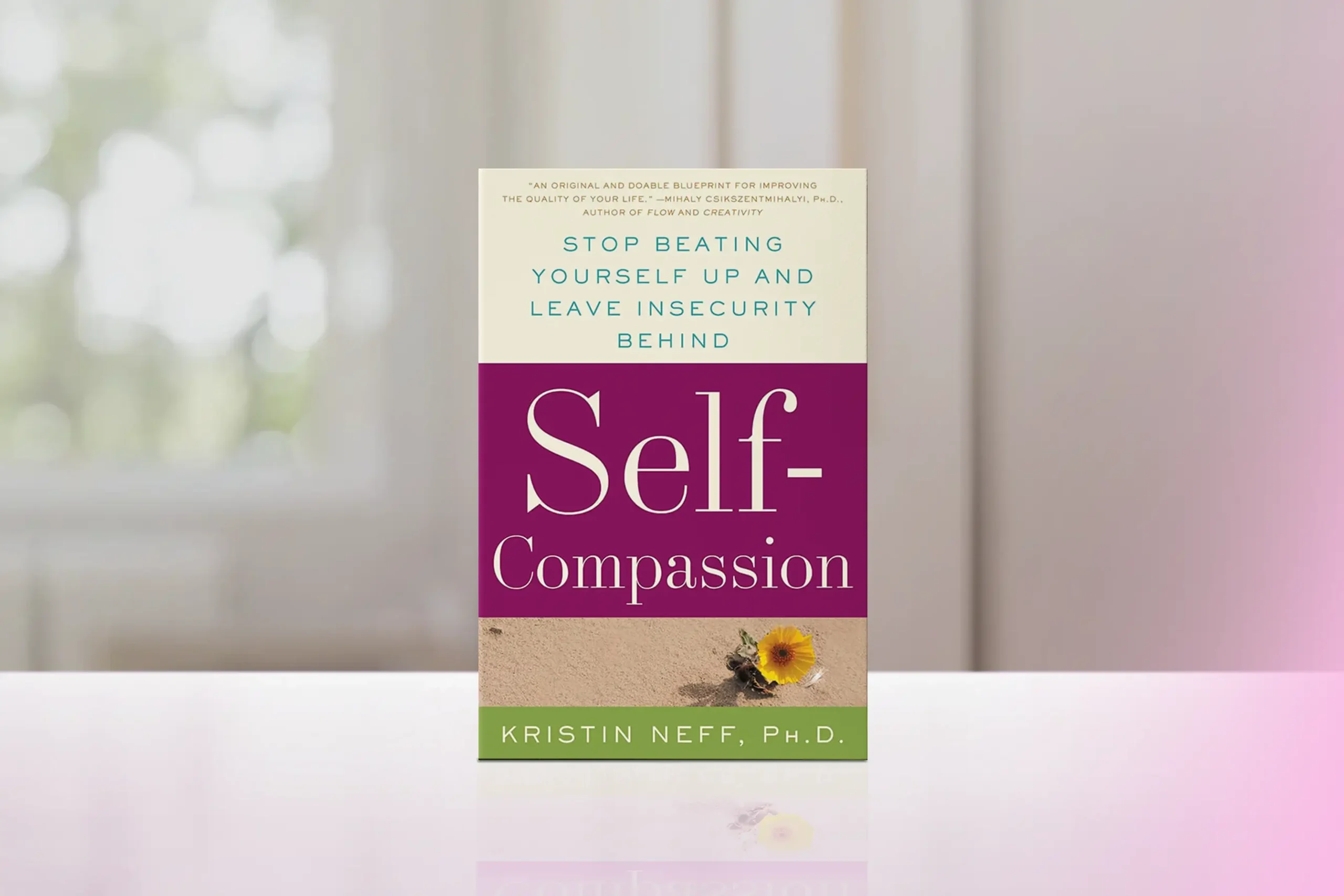Have you ever noticed how a walk in the park or a day spent in nature can leave you feeling refreshed, energized, and somehow lighter? There’s a reason for that magical feeling – the great outdoors holds a treasure trove of benefits for both our physical and mental wellbeing. In our increasingly digital and indoor-focused world, reconnecting with nature through outdoor activities can be a powerful tool for personal growth and overall health.
The benefits of outdoor activities extend far beyond just getting some fresh air. From boosting our mood and reducing stress to improving our physical fitness and cognitive function, spending time outside can profoundly impact our quality of life. Whether you’re an avid hiker, a casual gardener, or someone who hasn’t ventured outside much lately, there’s an outdoor activity that can enhance your wellbeing and contribute to your personal development journey.
In this article, we’ll explore the myriad ways that outdoor activities can benefit your physical and mental health. We’ll delve into the science behind these benefits, discuss a variety of outdoor activities suitable for different preferences and fitness levels, and provide practical strategies for incorporating more outdoor time into your daily life. Remember, every step you take outside is a step towards a healthier, happier you. Let’s embark on this journey together and discover how embracing the outdoors can help you create the life you envision.
The Physical Health Benefits of Outdoor Activities
Engaging in outdoor activities can have a profound impact on our physical health. From improving cardiovascular fitness to strengthening our muscles and bones, the benefits are numerous and significant.
1. Cardiovascular Health
Outdoor activities like hiking, cycling, or even a brisk walk can get your heart pumping, improving cardiovascular health. Regular outdoor exercise can help:
- Lower blood pressure
- Reduce the risk of heart disease
- Improve circulation
- Boost overall heart health
2. Stronger Muscles and Bones
Many outdoor activities provide natural resistance training, which is crucial for maintaining strong muscles and bones. Activities like rock climbing, gardening, or even walking on uneven terrain can:
- Improve muscle strength and tone
- Increase bone density, reducing the risk of osteoporosis
- Enhance balance and coordination
3. Vitamin D Boost
Sunlight exposure during outdoor activities helps our bodies produce vitamin D, which is essential for:
- Strong bones and teeth
- Immune system function
- Mood regulation
Remember to practice sun safety by wearing sunscreen and protective clothing to avoid overexposure.
4. Improved Sleep
Regular outdoor activity, especially in natural light, can help regulate your circadian rhythm, leading to better sleep patterns. This can result in:
- Falling asleep more easily
- Experiencing deeper, more restful sleep
- Waking up feeling more refreshed
Reflection:
Think about how you feel physically after spending time outdoors. Have you noticed any improvements in your energy levels, sleep quality, or overall physical wellbeing? How might regularly incorporating outdoor activities benefit your physical health?
The Mental Health Benefits of Outdoor Activities
The benefits of outdoor activities extend well beyond physical health. Spending time in nature can have a profound impact on our mental wellbeing, helping us manage stress, improve mood, and enhance cognitive function.
1. Stress Reduction
Nature has a calming effect on our minds. Studies have shown that spending time outdoors can lower cortisol levels, the hormone associated with stress. This can lead to:
- Reduced feelings of anxiety and tension
- Improved ability to cope with daily stressors
- A greater sense of calm and relaxation
2. Mood Enhancement
Outdoor activities can boost our mood and overall emotional wellbeing. This is due to several factors:
- Increased production of serotonin, often called the “happy hormone”
- The meditative effects of rhythmic activities like walking or cycling
- A sense of accomplishment from completing outdoor tasks or reaching goals
3. Improved Cognitive Function
Spending time in nature can enhance our cognitive abilities in several ways:
- Increased attention span and focus
- Enhanced creativity and problem-solving skills
- Improved memory function
4. Connection and Perspective
Outdoor activities, especially in natural settings, can help us feel more connected to the world around us and gain a broader perspective on our lives. This can lead to:
- Reduced feelings of isolation
- Increased sense of purpose and meaning
- Greater appreciation for the natural world
Challenge:
For the next week, commit to spending at least 15 minutes outdoors each day. This could be a short walk, sitting in a park, or any other outdoor activity you enjoy. Keep a journal of how you feel before and after each outdoor session, noting any changes in your mood, stress levels, or overall mental state.
For more insights on managing stress and anxiety, check out our article on “Understanding and Managing Anxiety in Daily Life.“
Diverse Outdoor Activities for Every Preference
One of the beautiful aspects of outdoor activities is their diversity. There’s something for everyone, regardless of fitness level, interests, or access to nature. Here are some ideas to inspire you:
1. Walking and Hiking
From a stroll in your local park to a challenging mountain hike, walking in nature is accessible and beneficial. It can:
- Improve cardiovascular health
- Boost mood and reduce stress
- Provide opportunities for mindfulness and reflection
2. Gardening
Whether you have a large backyard or a small balcony, gardening can be a rewarding outdoor activity. It offers:
- Physical activity through digging, planting, and weeding
- A sense of accomplishment as you nurture plants
- Connection with nature and the cycles of growth
3. Outdoor Yoga or Tai Chi
Practicing mindful movement outdoors combines the benefits of exercise with nature’s calming effects. It can:
- Improve flexibility and balance
- Reduce stress and anxiety
- Enhance mind-body connection
4. Water Activities
Activities like swimming, kayaking, or even just sitting by a body of water can be incredibly beneficial:
- Provide low-impact exercise
- Offer a sense of peace and tranquility
- Cool you down on hot days
5. Nature Photography
Combining creativity with outdoor exploration, nature photography can:
- Encourage mindful observation of your surroundings
- Provide gentle physical activity as you explore
- Create lasting memories of your outdoor experiences
Reflection:
Which of these activities appeal to you most? How might you incorporate one or more of them into your routine? Remember, the best outdoor activity is one that you enjoy and can sustain regularly.
Overcoming Barriers to Outdoor Activities
While the benefits of outdoor activities are clear, sometimes there are obstacles that can make it challenging to get outside regularly. Let’s address some common barriers and how to overcome them:
1. Time Constraints
In our busy lives, finding time for outdoor activities can be challenging. Try these strategies:
- Schedule outdoor time like any other important appointment
- Combine outdoor activities with other tasks (e.g., walking meetings)
- Start small with 10-15 minute outdoor breaks throughout your day
2. Limited Access to Nature
Not everyone has easy access to large natural areas, but you can still benefit from outdoor time:
- Explore urban parks and green spaces
- Create a small garden or green corner in your living space
- Look for community gardens or shared outdoor spaces in your area
3. Physical Limitations
If you have physical limitations, there are still ways to enjoy the outdoors:
- Choose activities that suit your mobility level (e.g., seated outdoor exercises)
- Use adaptive equipment to make outdoor activities more accessible
- Start gradually and consult with healthcare providers for personalized advice
4. Weather Concerns
While perfect weather is nice, you can still benefit from outdoor time in various conditions:
- Invest in appropriate clothing for different weather conditions
- Embrace the unique experiences different weather can offer (e.g., the fresh smell after rain)
- Have indoor backup plans for extreme weather days
Challenge:
Identify your biggest barrier to regular outdoor activities. Commit to implementing one strategy to overcome this barrier in the coming week. Share your plan with a friend or family member for added accountability.
Practical Application: Your 7-Day Outdoor Wellbeing Plan
Now that we’ve explored the benefits of outdoor activities and how to overcome common barriers, let’s put this knowledge into action with a 7-day plan:
- Day 1: Morning Mindfulness
Start your day with 5 minutes of mindful breathing outdoors. Notice the sounds, smells, and sensations around you. - Day 2: Lunch Break Walk
Take a 15-minute walk during your lunch break. If possible, find a green space nearby. - Day 3: Nature Photography
Spend 20 minutes taking photos of interesting natural elements in your surroundings. Focus on small details you might usually overlook. - Day 4: Outdoor Exercise
Try a 30-minute outdoor workout. This could be yoga, bodyweight exercises, or a jog in the park. - Day 5: Gardening or Plant Care
Spend time tending to plants, whether in a garden, on a balcony, or indoor plants placed near a window. - Day 6: Explore a New Outdoor Space
Visit a local park, nature reserve, or green space you haven’t been to before. Spend at least 45 minutes exploring. - Day 7: Reflect and Plan
Spend time outdoors reflecting on your week. How did daily outdoor time impact your wellbeing? Plan how to incorporate regular outdoor activities into your routine moving forward.
Embrace Nature
As we conclude our exploration of the benefits of outdoor activities, take a moment to reflect on the potential impact regular time in nature could have on your life. By stepping outside, you’re not just benefiting your physical health; you’re nurturing your mental wellbeing, fostering creativity, and connecting with the world around you in meaningful ways.
Remember, embracing outdoor activities isn’t about drastic lifestyle changes or extreme adventures (unless that’s what you enjoy!). It’s about finding small, consistent ways to incorporate nature into your daily life. Every moment spent outdoors is an opportunity for rejuvenation, growth, and connection.
Consider the ripple effects that prioritizing outdoor time could have in your life. Imagine approaching your day with more energy, clarity, and calm. Picture yourself better equipped to handle stress, more in tune with your body’s needs, and more appreciative of the simple beauty that surrounds us.
Reflection:
How might your life look different three months from now if you consistently prioritized time outdoors? What new perspectives or opportunities might open up for you?
Your challenge now is to commit to one outdoor activity and practice it consistently for the next month. Whether it’s a daily walk, weekend hikes, or morning meditation in your backyard, choose something that resonates with you and make it a non-negotiable part of your routine.
As you move forward on this journey, be patient and kind with yourself. Celebrate the days when you meet your outdoor goals, and be gentle with yourself on the days when life gets in the way. Remember, every moment spent in nature is a gift to yourself and a step towards a more balanced, fulfilling life.
For deeper insights into the power of nature and mindfulness, consider reading “The Nature Fix“ by Florence Williams, which explores the science behind nature’s positive effects on the brain. You might also find inspiration in “Breath: The New Science of a Lost Art“ by James Nestor, which offers fascinating perspectives on how we can harness the power of our breath, something we can practice more mindfully in outdoor settings.
Your journey with outdoor activities is uniquely yours, but you’re part of a greater movement towards reconnecting with nature and ourselves. As you continue to grow and explore, you’re not just improving your own life – you’re contributing to a more grounded, aware, and harmonious world.
For more resources on personal growth and wellbeing, check out our articles on “Mindfulness Techniques for Everyday Life“ and “The Power of Sleep: Improving Your Life Through Better Rest.“ Each step you take outdoors contributes to your overall journey of personal development and living the life you envision.
Now, take a deep breath, step outside, and embrace the natural world waiting to support your wellbeing. Your outdoor adventure begins now!





